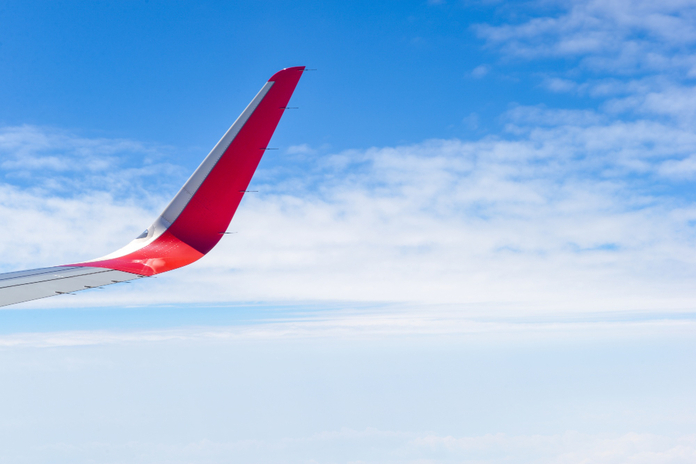Microsoft has attributed its prolonged struggle to recover from a global cyber outage to Delta Air Lines, which faced significant flight disruptions and substantial financial losses. This article delves into the details of the incident, the blame game between Microsoft and Delta, and the broader implications for the airline industry’s IT infrastructure.
Impact of the Cyber Outage on Delta
Delta Air Lines (NYSE:DAL) experienced severe operational disruptions following a global cyber outage, resulting in the cancellation of more than 6,000 flights. The chaos stranded hundreds of thousands of travelers and is estimated to cost the Atlanta-based airline around $500 million. Delta’s CEO, Ed Bastian, publicly criticized Microsoft and CrowdStrike, claiming that the tech companies failed to deliver exceptional service during the crisis. Bastian particularly singled out Microsoft, describing its platform as “the most fragile.”
Microsoft’s Response to the Accusations
In response to Delta’s claims, Microsoft (NASDAQ:MSFT) has defended its performance and pointed to Delta’s outdated IT infrastructure as a significant factor in the airline’s slow recovery. Microsoft noted that other airlines, including American Airlines (NASDAQ:AAL) and United Airlines (NASDAQ:UAL), managed to restore their operations more swiftly, suggesting that Delta’s reliance on older systems impeded its ability to bounce back.
Microsoft’s preliminary review indicated that Delta had not modernized its IT infrastructure to the same extent as its competitors. The tech giant’s employees reportedly offered assistance to Delta repeatedly, but these offers were declined. Microsoft’s CEO, Satya Nadella, even reached out to Bastian via email, but received no response. In a letter from an external lawyer, Microsoft labeled Delta’s comments as “incomplete, false, misleading, and damaging to Microsoft and its reputation.”
The Role of CrowdStrike
CrowdStrike, another key player in the incident, also rejected Delta’s claims of responsibility for the flight disruptions. Both Microsoft and CrowdStrike emphasized their efforts to support Delta during the crisis and highlighted the airline’s use of other technology providers for critical systems like crew tracking and scheduling as a potential hindrance to effective recovery.
Broader Implications for the Airline Industry
The fallout from the Delta cyber outage highlights the critical importance of modern and resilient IT infrastructure in the airline industry. As airlines increasingly rely on complex digital systems for operations, the potential for widespread disruptions due to cyber incidents grows. This incident underscores the need for airlines to invest in robust, up-to-date technology solutions to mitigate risks and ensure rapid recovery in the face of cyber threats.
The finger-pointing between Delta and its technology providers also sheds light on the challenges of managing cybersecurity in large, interconnected systems. Effective communication and collaboration between airlines and their tech partners are crucial in preventing and responding to such incidents. The dispute between Delta and Microsoft serves as a cautionary tale for other airlines about the importance of maintaining strong, modern IT infrastructures and fostering cooperative relationships with technology providers.
Moving Forward: Lessons and Strategies
In the wake of this cyber outage, Delta and other airlines must reassess their IT strategies to prevent similar occurrences in the future. Key steps include:
- Modernizing IT Infrastructure: Airlines should prioritize upgrading their systems to ensure they are equipped to handle contemporary cybersecurity threats and operational challenges.
- Enhancing Cybersecurity Measures: Investing in advanced cybersecurity tools and protocols can help detect and mitigate threats more effectively, reducing the risk of widespread disruptions.
- Fostering Partnerships: Building strong, collaborative relationships with technology providers can improve response times and effectiveness during cyber incidents.
- Regular Audits and Testing: Conducting regular IT audits and stress tests can identify vulnerabilities and ensure that systems are prepared to withstand cyberattacks.
Conclusion
The Delta cyber outage and the ensuing blame game with Microsoft have brought to light critical issues in the airline industry’s approach to IT and cybersecurity. As Delta navigates the aftermath of this costly disruption, the broader industry must take heed and implement strategies to strengthen their technological resilience. The lessons learned from this incident could help prevent future crises and ensure smoother, more reliable operations for airlines worldwide.
Featured Image: Freepik









